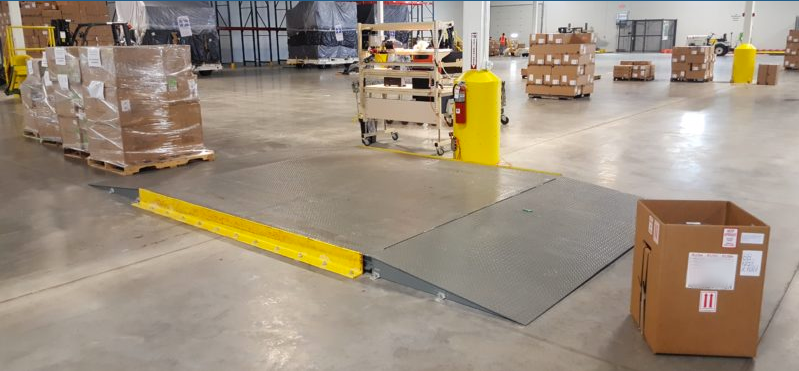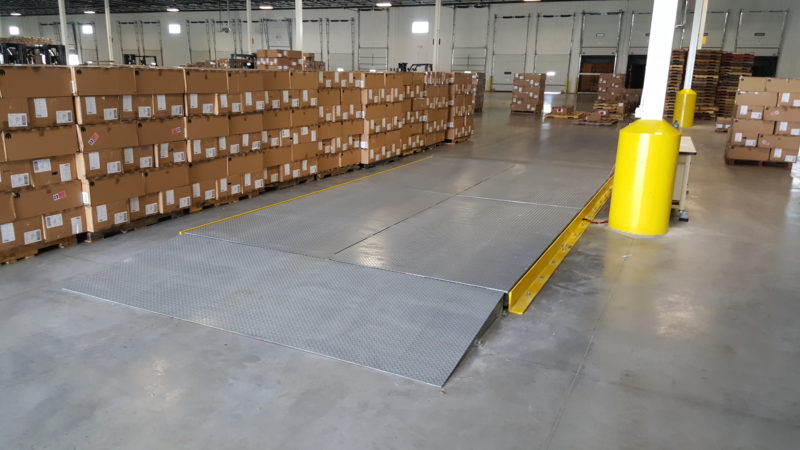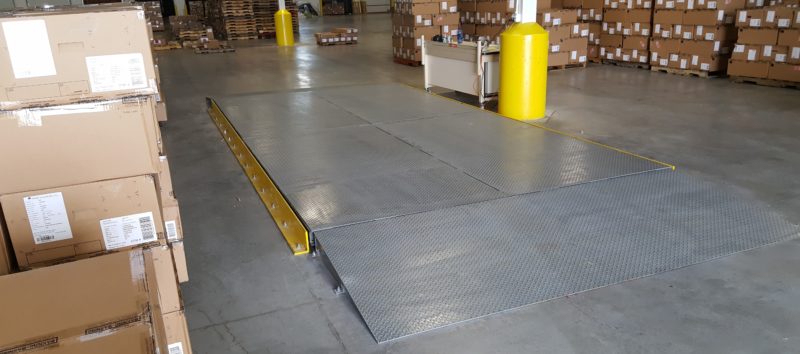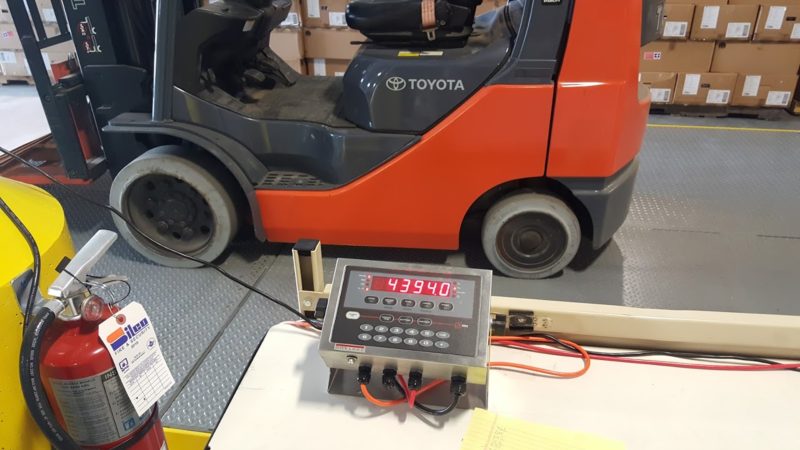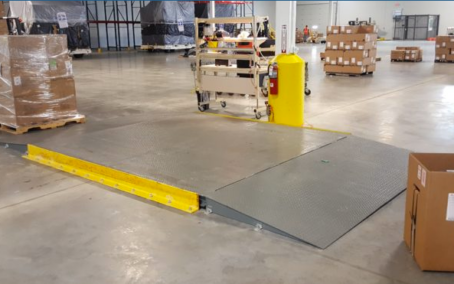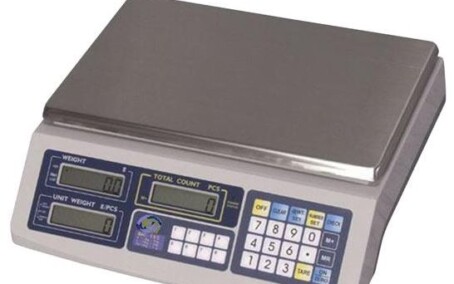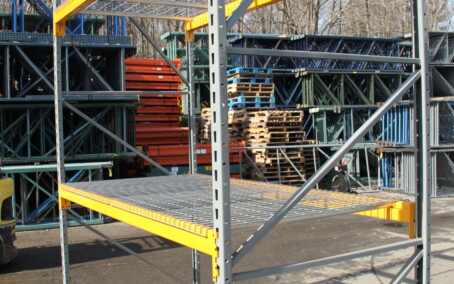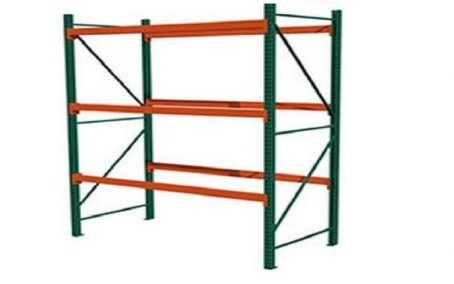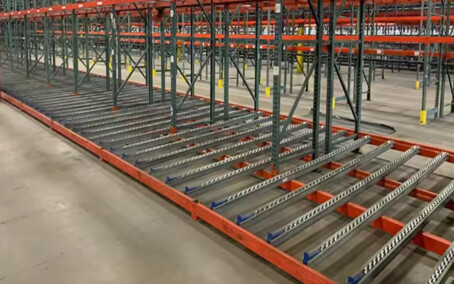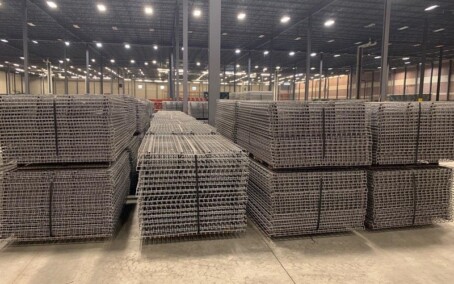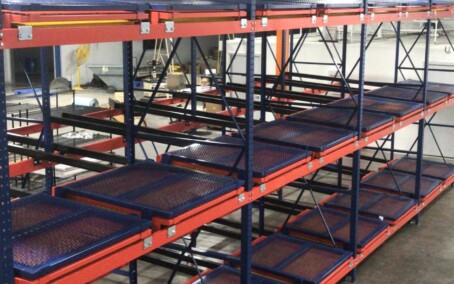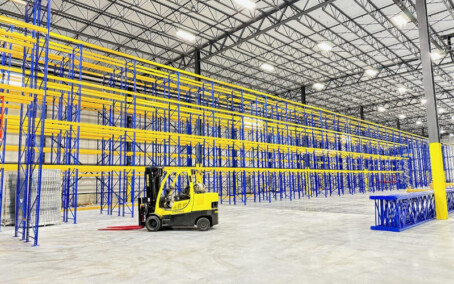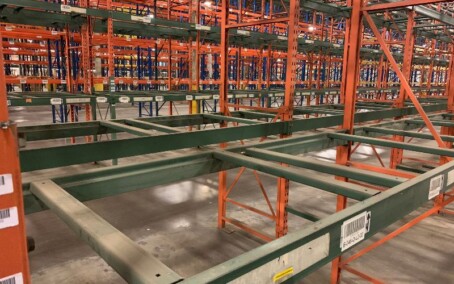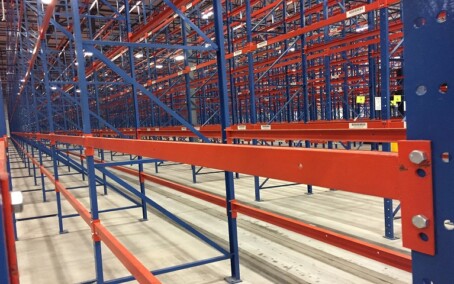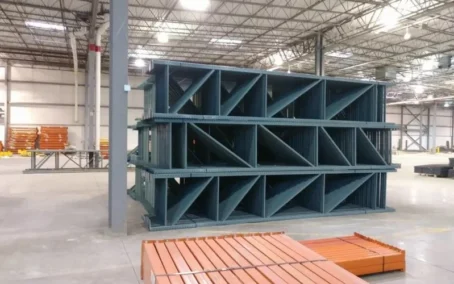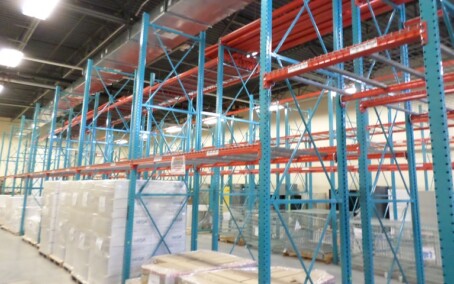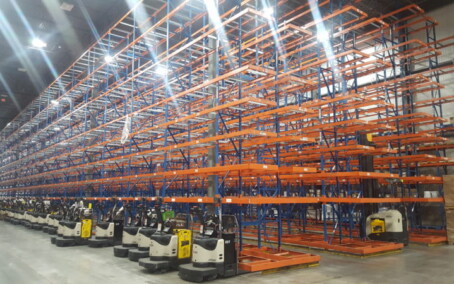Elevating Efficiency: Pallet Scales Redefine Inventory Management and Logistics
Pallet scales weigh goods, aiding accurate inventory tracking by measuring palletized items for shipping, receiving, and storage management.
These scales are crucial in warehouses, logistics centers, and other industries that deal with palletized goods or materials. Designed for accurate measurement of pallet weights, these warehouse floor scales facilitate precise inventory management, shipping, and receiving procedures. By providing accurate weight information, pallet scales contribute to efficient supply chain operations and enhanced overall productivity.
Whether you require a brand-new or pre-owned industrial scale, these scales can assist you in conserving time and money by simplifying your weighing procedure. With a range of choices accessible, there is undoubtedly a pallet scale that fulfills your requirements. From traditional warehouse floor scales to more advanced pallet weighing scales, you can find the right solution for your business.
Precision in Every Pound
These scales are engineered to deliver precise weight measurements for palletized goods and are designed to manage the essential weight-bearing capacity required for pallets. This design ensures accurate readings even when dealing with heavy loads. Businesses establish a dependable foundation for inventory management, shipping calculations, and billing procedures by precisely measuring weight. This guarantees the accurate recording and communication of weight information across the supply chain.
Accurate weight measurement is vital for effective inventory management. By precisely weighing pallets, businesses can keep track of their stock levels more efficiently. Pallet scales enable accurate counting of items based on weight, allowing for real-time inventory updates. This information helps maintain optimal stock levels, prevent stockouts, and facilitate timely replenishment. Additionally, it enables accurate stock valuation and supports effective demand forecasting.
Pallet floor scales play a critical role in shipping and receiving operations. When goods are being prepared for shipment, these scales ensure that the weight of each pallet is within the specified limits for safe transport. Overweight pallets can cause logistical issues, such as exceeding transportation capacity or incurring additional fees. By accurately weighing pallets before shipping, businesses can avoid these complications and ensure compliance with shipping regulations.
Similarly, warehouse floor scales help verify the weight of incoming goods during the receiving process. This information is crucial for quality control, invoice verification, and accurate storage allocation. By confirming the weight of received pallets, businesses can identify any discrepancies or potential issues early on, allowing for prompt resolution and maintaining accurate records.
Accurate weight measurement provided by pallet scales supports quality control efforts. Businesses can maintain consistency and meet customer expectations by ensuring the correct quantity of goods is packed onto each pallet. This is especially important for industries with critical product weight, such as food and beverages or pharmaceuticals. Pallet scales help detect underfilled or overloaded pallets, enabling businesses to address potential quality issues promptly.
Moreover, Uline pallet scales help businesses comply with industry regulations and standards. Many sectors have specific weight restrictions and compliance requirements for transportation and handling. By using pallet scales to ensure accurate weight measurement, businesses can meet these regulations, avoid penalties, and maintain a positive reputation for compliance and quality assurance.
Integrating these scales into warehouse operations enhances overall efficiency and productivity. Pallet scales streamline the weighing process by eliminating the need for manual weighing methods or separate weighing stations. This saves time and reduces labor costs by enabling simultaneous weighing and material handling operations. As forklift operators move pallets within the warehouse, they can conveniently weigh them, reducing workflow interruptions and minimizing handling time.
Some pallet weighing scales also feature advanced technology, such as wireless connectivity or warehouse management systems (WMS) integration. These characteristics mechanize recording and transferring data, eliminating the necessity for manual input and decreasing the likelihood of mistakes. By seamlessly integrating real-time weight information into inventory management systems, organizations can receive accurate and current data to enhance informed decision-making.
In conclusion, pallet scales are essential for accurate weight measurement in warehouses and logistics operations. By providing precise weight information, these scales enable efficient inventory management, support shipping and receiving processes, ensure quality control, and facilitate compliance with regulations. Integrating warehouse floor scale into operations enhances efficiency, productivity, and overall supply chain performance. Businesses that utilize can benefit from improved accuracy, streamlined processes, and optimized inventory management, ultimately leading to enhanced operational effectiveness and customer satisfaction.

